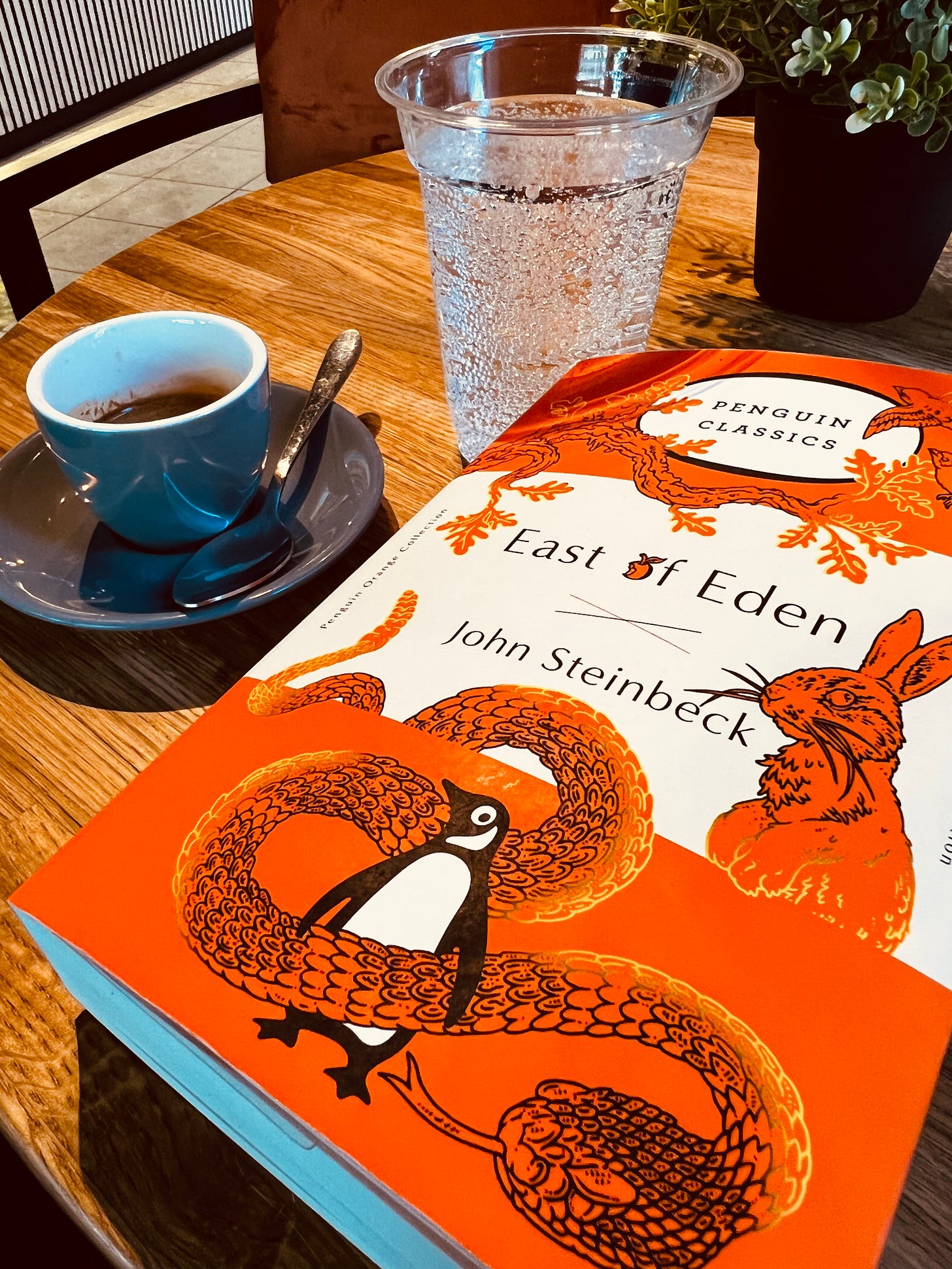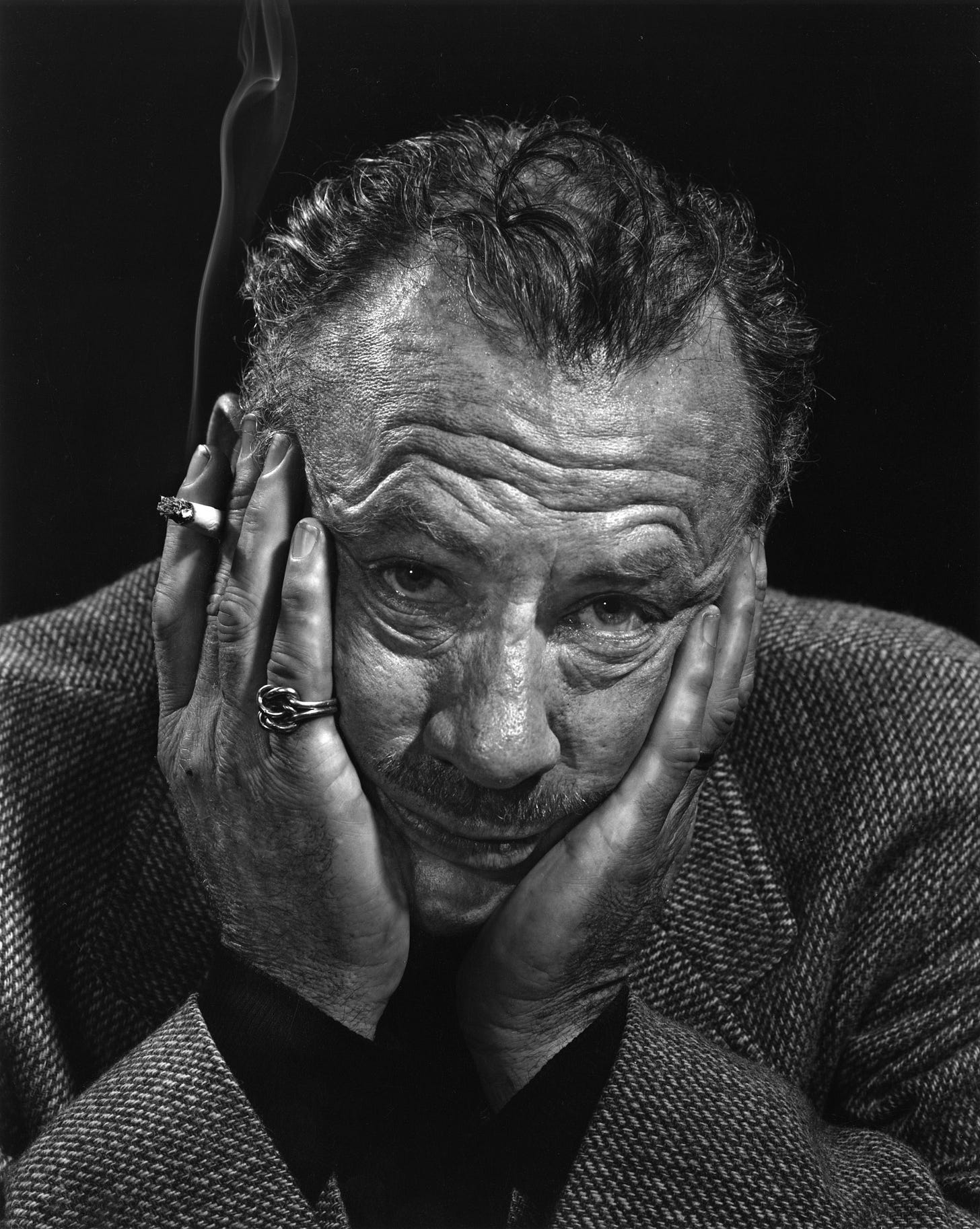“You think your pain and your heartbreak are unprecedented in the history of the world, but then you read.” -James Baldwin.
When engaged with a great book, I feel a distinct timelessness.
It is primordial, ancient, and immortal. There is a stillness that transports my soul to magical worlds, philosophies, characters, and ideas. Being swept up in a book is one of the simplest yet most human acts of joy we experience, yet too often, it is overlooked for other, shallower forms of entertainment. In my experience, there is nothing more profoundly healing than the act of solitary reading.
Cracking open a book for the first time, I often feel the same excitement as if I have just met a new friend, the same eagerness and enthusiasm as I have no idea what they might reveal about the world and, more importantly, myself. In doing so, I have met many friends throughout my journey. They live on my shelf, on my bedside, and most especially in my mind and heart. They are always there for me to access and offer me a degree of comfort in a world that feels increasingly capriciously fluid.
Why do we read?
We read because to read is to be alive.
Above all, to read, especially to read deeply, is to engage with what has been, what is, and what might be.
The central theme of consciousness boils down to one bleak realization:
One day, we will not exist. How do we cope with that?
We handle it by comprehending the world, and we comprehend the world through stories. Books offer thoughts and beauty, serving as a reflection of ourselves. The more we gaze into the mirror, the more we discern what has been concealed from us all our lives – provided we take the time to truly look.
In my years, I've sought solace within the pages of many books - novels, short stories, and poetry alike. Not every one of them captured my heart, and I abandoned many along the way. Just as in life, not every encounter leaves a lasting impression. Yet, amidst these encounters, there are a select few individuals and books that have the power to alter the course of one's life.
I have many favorite books, but for this article, I will limit it to one. There’s a great Buddhist idea that “The one contains the many, and the many contains the one.”
I can’t think of a better quote to sum up this book:
East of Eden by John Steinbeck
I read this for the first time on tour in 2022. I was on a tear trying to read as much classic literature as possible, speeding through to check off a never-ending TBR in my Notes App on my phone. At the time, I was reading to get to a number rather than actually absorbing what was being said.
I have such a vivid memory of cracking it open in a little coffee shop in Helsinki and turning to the dedication page that Steinbeck wrote to his friend Pat Covinci:
Dear Pat,
You came upon me carving some kind of little figure out of wood and you said, “Why don’t you make something for me?”
I asked you what you wanted, and you said, “A box.”
“What for?”
“To put things in.”
“What kind of things?”
“Whatever you have,” you said.
Well, here’s your box. Nearly everything I have is in it, and it is not full. Pain and excitement are in it, and feeling good or bad and evil thoughts and good thoughts- the pleasure of design and some despair and the indescribable joy of creation.
And on top of these are all the gratitude and love I have for you.
And still the box is not full.
JOHN
I love that Steinbeck acknowledges that, even after putting his whole soul into the book, it is still not complete. He begins the book with gratitude and a feeling of relief. Alongside his classic Grapes of Wrath, East of Eden is considered by many to be his magnum opus. Steinbeck famously said that all the books he had written until East of Eden were merely training grounds for his masterpiece.
I remember reading that dedication and thinking, “A book that contains everything, huh? This might take me a while.” I sipped my espresso and dove right into the story and its iconic opening lines:
“The Salinas Valley is in Northern California. It is a long narrow swale between two ranges of mountains, and the Salinas River winds and twists up the center until it falls at last into Monterey Bay. I remember my childhood names for grasses and secret flowers. I remember where a toad may live and what time the birds awaken in the summer—and what trees and seasons smelled like—how people looked and walked and smelled even. The memory of odors is very rich.”
This book became the most magnificent book I have read to date. In retelling the book of Genesis and Cain and Abel, Steinbeck captures the human condition and populates his beloved Salinas Valley with completely mesmerizing and vivid characters. Family, Love, Evil, Humor, and Friendship are woven into the lives and personalities of the Trasks and the Hamiltons. When I was reading it, I saw that the world of King City had become a place I wanted to come back to again and again. Lee and Samuel Hamilton became friends I wanted to visit repeatedly. At its core, though, East of Eden is about the ability to choose. We are always given a choice in how we respond, act, and see the world. It is up to us to decide how we want to exist in our world. This book is not simply a beautifully rendered piece of art but a portal to a timeless world filled with some of the most human characters you will meet in literature.
John Steinbeck was one of the most empathetic writers of all time. He believed that “by failing to observe and understand groups, we fail to see how the world actually works and instead find ourselves surrounded by meaningless, destructive, unrelated phenomena”. He strove every day of his life to better understand the world around him. In his time as a writer and war correspondent, Steinbeck saw that you can not understand humankind by simply looking at individuals but instead at the group unit (families, communities, armies, etc.). He said that “Man is a unit of a greater beast”. When reading East of Eden, it is not a story about the individuals, but how they relate and decipher the community in which they exist.
Of course, Steinbeck wrote many other wonderful books that I would highly recommend like Of Mice and Men, Grapes of Wrath, Cannery Row, and Travels with Charley in Search of America. I’ve read much of his cannon, and while incredible, they never quite measured up to this one.
As Steinbeck puts it in his dedication, everything in life exists in this book. When he wrote it, he claimed that the book was meant to exhibit the universal story, the “monomyth,” as Joesph Cambell describes in The Hero with a Thousand Faces. It has become the book I compare all other books to, as I have not read anything to match it.
Yes, it’s long. I don’t expect everyone to sit down and plow through a 600-page book on a whim. Don’t let the length keep you from this book: you will never regret reading it. Of all the books I would recommend, this is the one you must read. It helped me to understand human nature on a level no psychology or philosophy book has allowed me to. It has shaped the type of person I want to be, as I consider Samuel Hamilton an emblem of what it means to be a good man.
When I finished the book for the first time, I remember being in my hotel room in London. Tears welled up in my eyes as I turned the final pages. I knew then that I had found my favorite book of all time. I didn’t read anything for weeks afterward; I was still so enthralled with the experience I had just had, like when you come home from an extended vacation and life at home feels very black and white.
As I write this, I’m re-reading East of Eden. After several years away, returning to it feels like being reunited with old friends. The time away has made me develop a much greater appreciation for a book that has become a friend.
In the end, East of Eden has become more than just a book to me because it is so much more than that. It can be viewed as a work of art, philosophy, history, or religion. It is not bound to be just another great classic.
It provides me with spiritual solace and the capacity to better understand how I relate to the world.
That’s what reading is all about.








Thank you, Shane. This is so intriguing. I have to read it. If you like really deep and immersive reading, I can recommend Tolstoy and Dostoevsky. Let me briefly elaborate. “War and Peace” by Tolstoy will take you to a different era. And it depicts that era so broadly. If not mistaken, there are total of more than 1,000 characters in the book. Reading it was like living another life for me. I recently re-read it after many years, and it was an amazing joy. Finishing it was, as you said, like “saying bye” to old friends. “Crime and Punishment” and “The Idiot” by Dostoevsky dive deep into the human soul too. Regards,